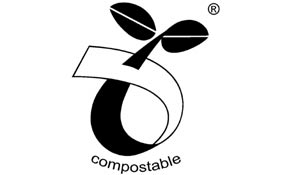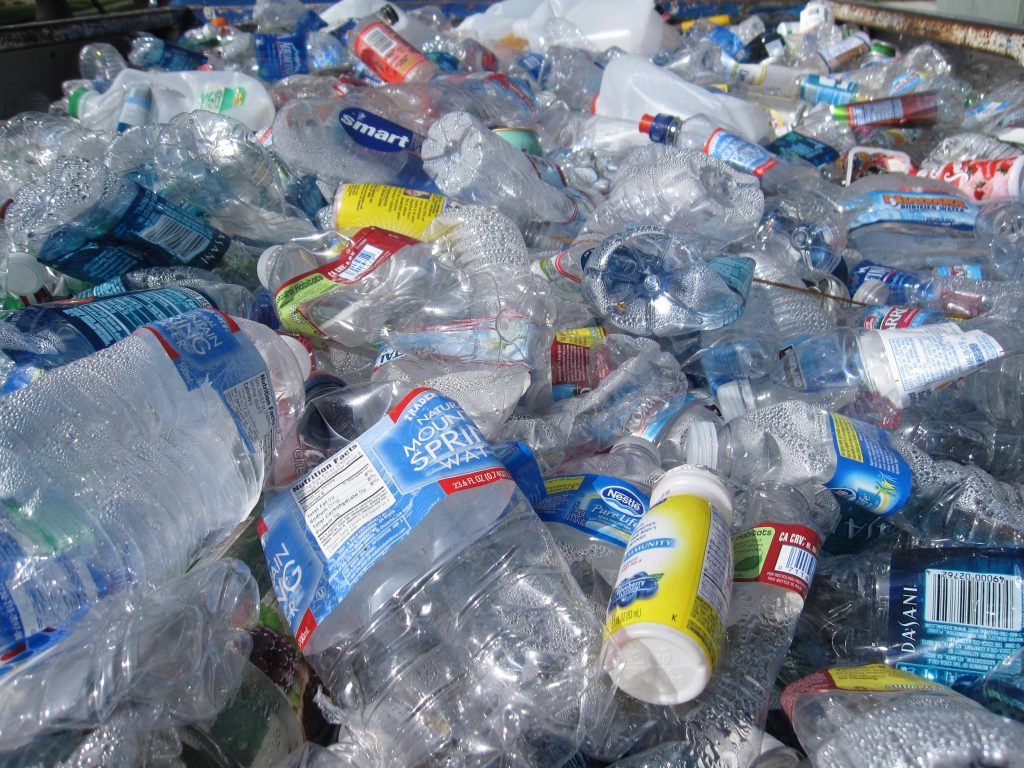Summary of Plastic Waste Talk
February 24th, 2021The main takeaways from our recent talk from Bristol Waste were as follows:
Plastics – pros and cons
- Cons
- 23% of single-use plastics globally ends up in the oceans – that’s one rubbish truck every minute!
- Estimates suggest that this brings about the death of over 1 million birds, and 100,000 sea mammals every year.
- 1 million plastic bottles are sold around the world every minute
- Pros
- Does make sense for things like medical equipment, as it’s cheap, easy to sanitise, and durable.
- Placing plastic wrap around vegetables can extend their shelf-life by up to 15 days, massively decreasing food waste which, by some measures, is even more harmful than plastic waste.
- Manufacture of plastic bottles also has a relatively low carbon footprint – 20X less than a glass bottle!
- But most plastic bottles only get used once, and then thrown away.
- Also, unlike glass, which can be recycled without degrading, recycling plastic results in increasingly lower quality each time, until it eventually can no longer be recycled.
- So it’s not so much about the fact that we make plastic, but how we use it, and what we do with it afterwards.
Bristol Recycling
- General stats
- Average household waste = 450kg p/a
- 40% could be recycled, but isn’t
- 25% of that 40% is food waste
- The process
- Bristol waste take approximately 5400kg of plastic each year to their local recycling centre.
- The metal is separated out on a conveyor belt by magnets, and the plastic gets put in bales, which are then sent to a factory in Northamptonshire called Jplaz, who sort it into different plastic types.
- High quality plastic that can be made into other things is sold, while lower-quality gets transformed into, e.g. bags for life.
- Really low quality plastic gets either sent to landfill or burned.
- What you need to know about recycling
- What you can recycle:
- Don’t worry too much about numbers – if it’s a Just bottle, pot, tub, or tray, it’s probably fine. (Certain items, like some yoghurt pots, have ‘PS’ on them – this stands for ‘polystyrene’, and should be avoided, but otherwise, you’re probably good.
- Also, don’t worry too much – it’s not the case that a single item of unrecyclable material automatically sends an entire batch to landfill, as they have some measures to address this issue. Just do the best you can, and avoid ‘wishcycling’ (‘I wish this umbrella were recyclable, even though I know it’s actually probably not, so I’ll stick it in anyway’)
- Don’t worry too much about numbers – if it’s a Just bottle, pot, tub, or tray, it’s probably fine. (Certain items, like some yoghurt pots, have ‘PS’ on them – this stands for ‘polystyrene’, and should be avoided, but otherwise, you’re probably good.
- What you can’t recycle:
- Plastic film – if it stretches, there might be a place for it to be recycled with plastic bags, but can’t be done kerbside
- Black plastics – are technically recyclable, but can’t be detected by the machine, so get sent to landfill anyway
- Plastic toys, plant-pots, etc – take to household recycling centre
- Compostables – don’t want them!:
- Seed logo means it needs recycling at an industrial recycling facility

- Check out teracycle – they’re pretty good at recycling stuff you can’t do kerbside, and they do pick-ups
- What you can recycle:
Systematic efforts
The Plastic Pact by the Waste and Resources Action Programme (WRAP) aims to make all packaging recyclable by 2025: http://www.wrap.org.uk/content/the-uk-plastics-pact
- Talk in parliament of a deposit return scheme, that would provide financial incentives to recycling: https://www.businessgreen.com/news/4027179/mps-probe-plans-deposit-return-recycling-scheme-england
- New legislation on Extended Producer Responsibility (EPR) to be implemented in 2023, placing the financial burden of household waste on the producers, rather than the taxpayers: https://www.recycle-more.co.uk/business/sustainability/extended-producer-responsibility
